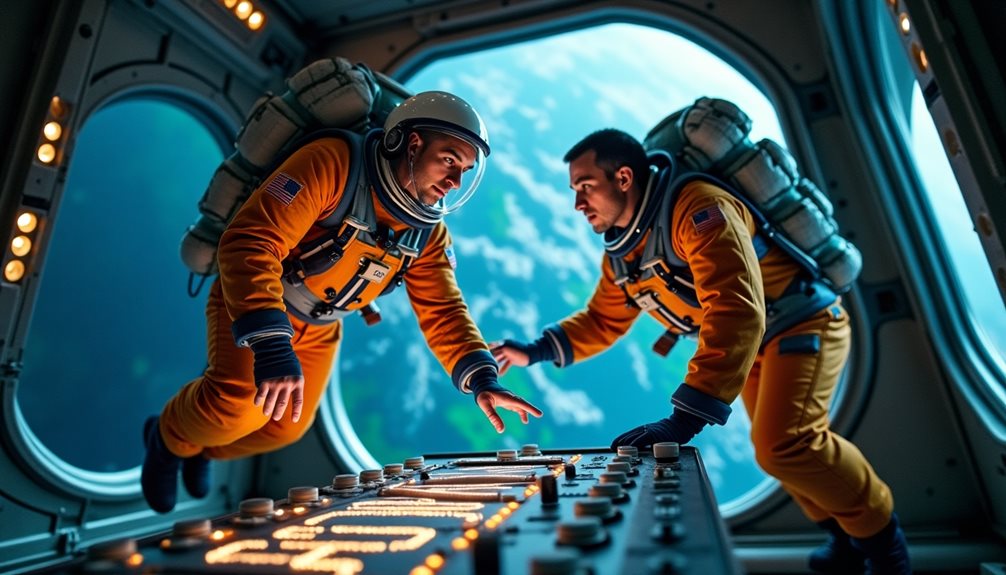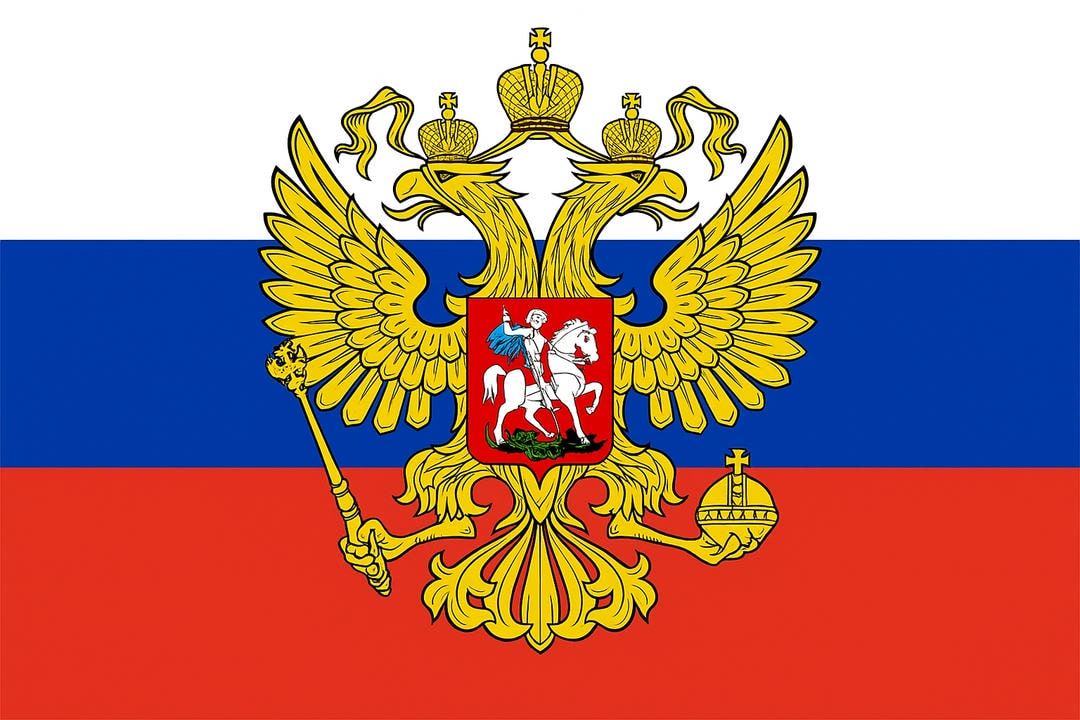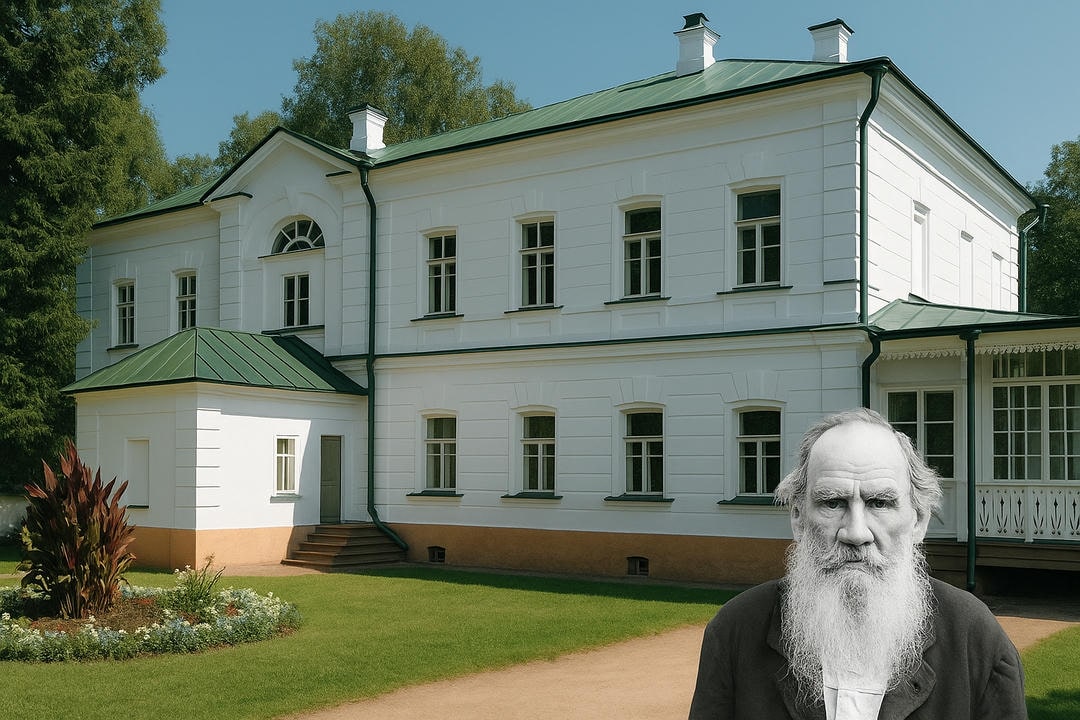As an astronaut aboard the International Space Station (ISS), the importance of being proficient in both Russian and English cannot be overstated. This bilingual capability is not merely advantageous; it is crucial for the successful execution of missions and the safety of the crew. Many of the control systems and operational protocols on the ISS are documented in Russian, which means that understanding this language is vital for performing critical tasks. Effective teamwork, especially in the high-pressure environment of space, relies heavily on clear communication. The nuances of both languages can significantly impact mission outcomes, making bilingualism an indispensable asset.
Bilingual Skills Essential for Space Missions

While it might be easy to overlook, bilingualism plays a pivotal role in the success of space missions. The ability to understand and communicate in multiple languages fosters linguistic diversity, which is essential for effective communication among international crews. When astronauts are proficient in both English and Russian, they facilitate smoother collaboration, which is vital in high-stakes environments like the ISS. This bilingual proficiency not only enables seamless technical exchanges but also promotes cultural understanding and mutual respect among astronauts from different nations.
Bilingualism goes beyond technical jargon; it is about building relationships that enhance teamwork. In the confined and high-pressure environment of space, where every second counts, the ability to communicate across languages can directly impact mission success and crew safety. Embracing bilingualism allows astronauts to elevate their contributions, ensuring that missions are executed with precision and efficiency.
Russian-English Space Communication History
Language has always played a significant role in the historical context of space exploration, with Russian and English being the primary languages used in international missions. The Cold War era was marked by intense rivalry between the United States and the Soviet Union, leading to remarkable achievements on both sides. The Soviet Union’s launch of the first human into space, Yuri Gagarin, was a monumental event that highlighted the importance of Russian in space exploration.
As both nations advanced their space programs, the need for collaboration became apparent. English and Russian emerged as the essential languages for communication among astronauts and ground control teams. Today, these languages continue to facilitate effective communication, ensuring mission success and safety while honoring the legacies of both nations in the pursuit of exploration beyond Earth.
Training Programs for Bilingual Astronauts
To effectively operate aboard the International Space Station (ISS), astronauts must undergo rigorous training programs that emphasize bilingual proficiency in both Russian and English. These training programs are essential for astronaut certification, ensuring that astronauts can communicate critical information and collaborate seamlessly with international teams.
The training involves immersive language exercises that focus on technical vocabulary and operational commands. Simulations of real-life scenarios are also included to enhance the ability to respond effectively under pressure. This comprehensive approach not only prepares astronauts for the diverse challenges of space missions but also fosters teamwork, an essential element for success in the unique environment of the ISS.
Key Systems and Instructions Written in Russian
Astronauts must understand that many key systems aboard the ISS are primarily documented in Russian. This includes critical control systems such as navigation and life support, which rely on instructions written in Russian. To effectively operate equipment and respond to emergencies, astronauts must bridge any language barriers. Familiarizing themselves with technical terminology in Russian ensures that they can collaborate efficiently with their crewmates.
Miscommunication due to language barriers can lead to critical delays or errors in procedures, jeopardizing safety. By mastering these instructions, astronauts empower themselves and their teams to maintain a functional and safe environment in the unique challenges of space.
The Role of Teamwork in Space Operations
Teamwork is indispensable for the success of space operations. Effective team dynamics create an environment where each member’s expertise is leveraged, enhancing problem-solving capabilities. When challenges arise, conflict resolution becomes essential; addressing disagreements swiftly maintains operational efficiency and fosters collaboration. Astronauts rely on diverse perspectives to tackle complex tasks, ensuring innovation and adaptability in high-stakes scenarios.
Communicating Effectively in Zero Gravity

Effective communication in microgravity is essential for maintaining operational efficiency and safety among astronauts. Utilizing both verbal and non-verbal cues effectively is crucial, as the unique environment can hinder traditional communication methods. Clear gestures can convey critical information when words fall short. Additionally, leveraging digital communication tools ensures that messages are delivered promptly, even in complex situations.
Regular check-ins and feedback loops foster collaboration, reinforcing a shared understanding among crew members. By honing these strategies, astronauts enhance teamwork and mitigate misunderstandings, ultimately contributing to mission success in the challenging confines of space.
Language Skills Impact on Space Exploration
As space exploration expands beyond low Earth orbit, the ability to communicate in multiple languages becomes increasingly critical for astronauts. Future missions will likely involve international teams collaborating on interstellar diplomacy, where overcoming language barriers is essential. Proficiency in diverse languages not only enhances operational efficiency but also fosters trust and collaboration among crew members from different nations.
As humanity ventures further into space, establishing a shared linguistic foundation will enable effective problem-solving and decision-making. Ultimately, embracing multilingualism will empower astronauts to navigate the complexities of space exploration, ensuring that communication remains seamless in the pursuit of discovery and freedom.




